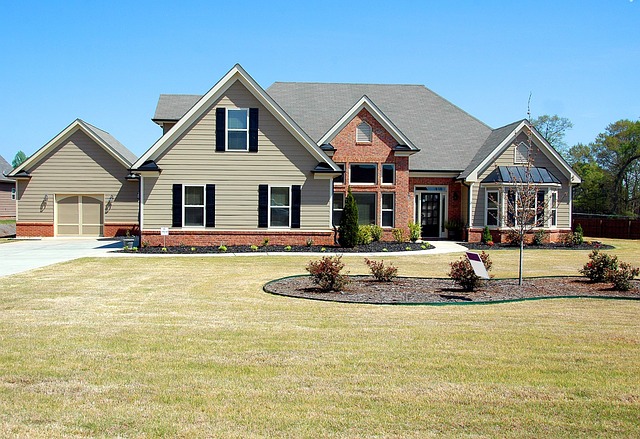What Every Homeowner Should Know About Property Value
Understanding your home’s value is important whether you’re planning to sell, refinance, or simply stay informed about your investment. This article explores the key factors that affect property value and offers practical tips to help you better assess and potentially increase the worth of your home.

What are the primary factors that influence home value?
Several key factors play a significant role in determining a property’s value. Location is often considered the most crucial element, as it encompasses aspects like neighborhood desirability, proximity to amenities, and local school quality. The size and condition of the home also greatly impact its worth, with larger, well-maintained properties generally commanding higher prices.
Other influential factors include the age of the home, its architectural style, and any unique features or upgrades. The overall real estate market conditions, both locally and nationally, can also significantly affect property values. Understanding these factors can help homeowners make informed decisions about their property and potential improvements.
How does location impact property worth?
Location is often said to be the most critical factor in real estate, and for good reason. A property’s location can significantly influence its value in several ways. Firstly, the neighborhood’s overall desirability plays a crucial role. Areas with low crime rates, good schools, and attractive amenities tend to have higher property values.
Proximity to essential services and conveniences, such as shopping centers, hospitals, and public transportation, can also boost a home’s worth. Additionally, the potential for future development in the area can impact property values. Homes in up-and-coming neighborhoods or areas slated for improvement may see an increase in value over time.
What role do home improvements play in increasing value?
Strategic home improvements can significantly boost a property’s value. While not all renovations offer the same return on investment, certain upgrades are known to add substantial value. Kitchen and bathroom remodels, for instance, often provide the highest returns. Adding square footage, whether through an extension or finishing a basement, can also increase a home’s worth.
Energy-efficient upgrades, such as installing solar panels or improving insulation, can make a property more attractive to potential buyers and potentially increase its value. However, it’s important to note that over-improving for the neighborhood can lead to diminishing returns. Homeowners should consider the local market and comparable properties when planning improvements.
How do market trends affect home prices?
Real estate market trends can have a significant impact on home prices. Supply and demand play a crucial role; when there are more buyers than available homes, prices tend to rise. Conversely, an oversupply of homes can lead to price stagnation or even decreases.
Economic factors, such as interest rates, employment rates, and overall economic health, also influence the real estate market. Low interest rates, for example, can make homeownership more affordable, potentially driving up demand and prices. Additionally, local market conditions, such as new development or changes in zoning laws, can affect property values in specific areas.
What are some unique facts about property value in different regions?
Property values can vary significantly across different regions due to various factors. In coastal areas, for instance, waterfront properties often command premium prices due to their desirable views and lifestyle benefits. In urban centers, proximity to public transportation and walkability can significantly boost property values.
In some regions, historical significance or architectural uniqueness can add value to a property. For example, homes in historic districts or those designed by renowned architects may fetch higher prices. Climate can also play a role, with homes in areas with mild year-round weather often being more valuable than those in extreme climates.
How can homeowners accurately assess their home’s value?
Accurately assessing a home’s value is crucial for making informed decisions about selling, refinancing, or home improvements. While professional appraisals provide the most accurate valuations, there are several methods homeowners can use to estimate their property’s worth.
| Method | Description | Pros | Cons |
|---|---|---|---|
| Online Home Value Estimators | Utilize public data to provide quick estimates | Free and easily accessible | May not account for recent upgrades or unique features |
| Comparative Market Analysis (CMA) | Compares your home to similar properties recently sold in the area | More accurate than online estimators | Typically requires assistance from a real estate agent |
| Professional Appraisal | In-depth evaluation by a licensed appraiser | Most accurate and comprehensive | Costs money and takes more time |
| Home Inspection | Detailed assessment of the home’s condition | Identifies potential issues that may affect value | Focuses more on condition than market value |
Prices, rates, or cost estimates mentioned in this article are based on the latest available information but may change over time. Independent research is advised before making financial decisions.
Understanding your home’s value is an ongoing process that requires attention to various factors, from market trends to property improvements. By staying informed about these elements and utilizing the right assessment tools, homeowners can make smart decisions about their property investments. Whether you’re planning to sell, refinance, or simply want to maximize your home’s worth, a clear understanding of property value is an invaluable asset for any homeowner.




